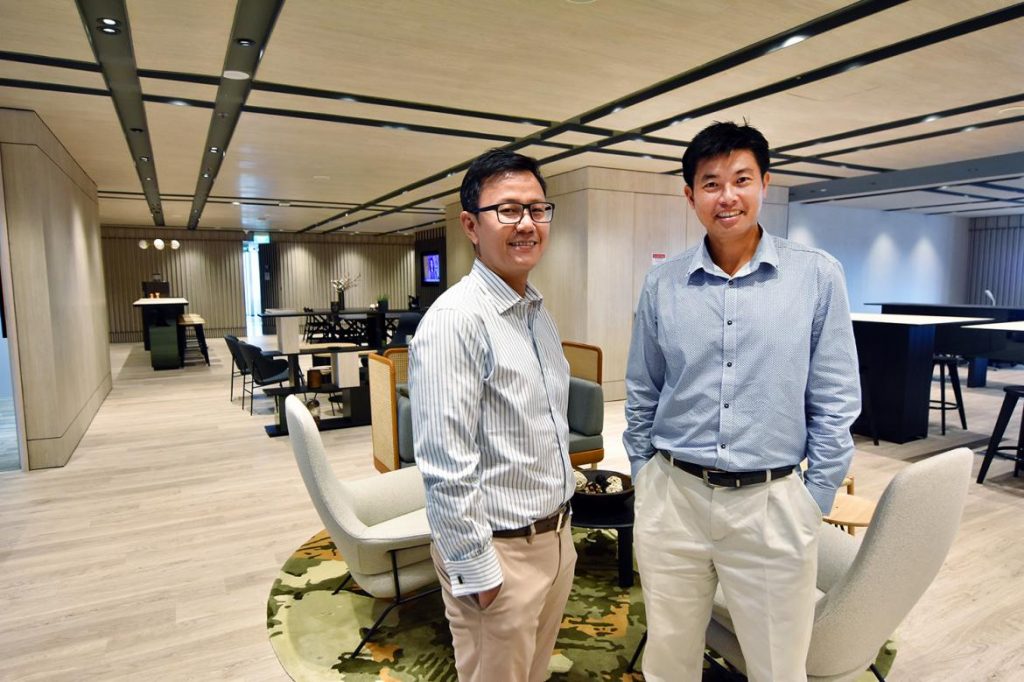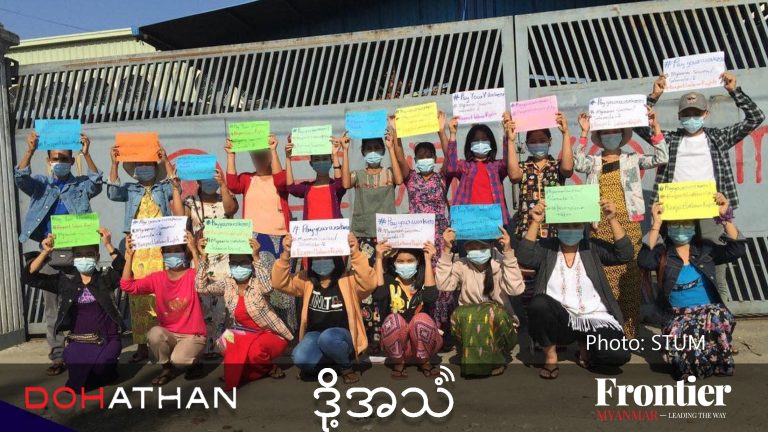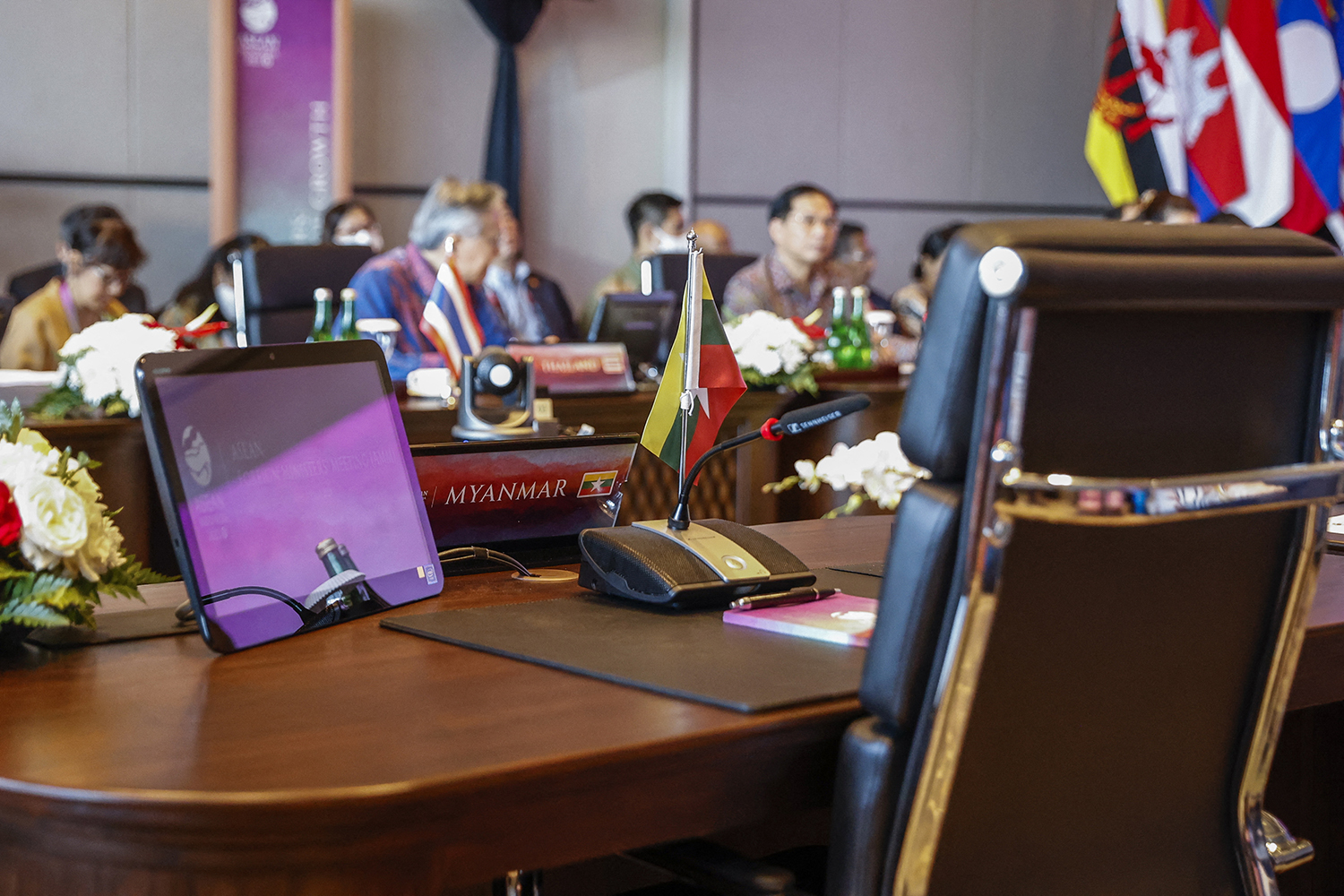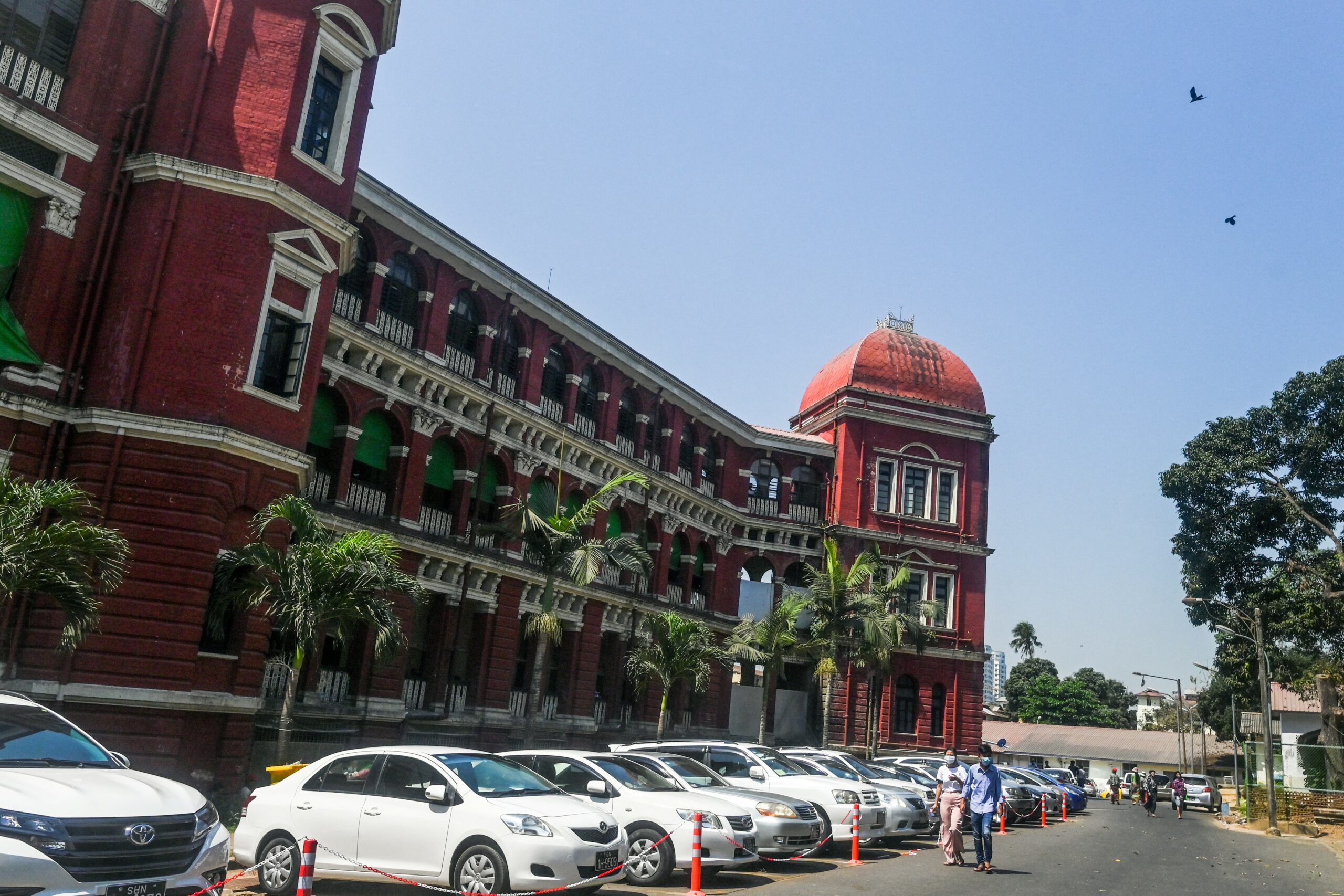Private equity company Ascent Capital has launched Singapore’s first Myanmar-focused fund, with backing from high-profile investors including sovereign wealth fund Temasek and the Asian Development Bank.
By CLARE HAMMOND | FRONTIER
IN 2013, Mr Lim Chong Chong was sent on a mission to Myanmar. He was working for Singaporean wealth fund Temasek and, as he recalls, Myanmar was “really the darling of investors – there was so much interest to invest”. In Yangon, he met business leaders including the chair of Capital Diamond Star Group, U Ko Ko Gyi, who convinced him to leave his stable job in Singapore and give Myanmar a shot.
“I’ve always been a bit adventurous,” Chong Chong told Frontier at his office in downtown Yangon. “The country appealed to me and the opportunity appealed to me. I had very good conversations with Ko Ko Gyi and found he was someone I would like to learn from.”
Four years later, Chong Chong was ready to give up life as a salaried employee and start something of his own. The result is Ascent Capital, a Singapore-registered firm that on January 15 launched its maiden Myanmar-focused private equity fund, with over US$50 million in committed investments.
Investors include Temasek, Philippine conglomerate JG Summit Holdings and the Asian Development Bank, as well as local businessman U Aung Moe Kyaw and Asia Resource Corporation chair Mr Tony Chew, who are the co-founders of Myanmar Distillery Company, which produces Grand Royal whisky.
Support more independent journalism like this. Sign up to be a Frontier member.
Chong Chong said that he and business partner Mr Pneh Tee Keong, a former chief executive officer of Maybank Private Equity, approached each of the investors “in a very strategic manner” for the unique value that each could provide. The fund is independent, meaning investors are not involved in its day-to-day management, but their experience and network can be leveraged.
He saw this approach succeed while working at Capital Diamond Star Group, which needed access to networks more than it needed growth capital. “CDSG had a choice of investors; valuation was never an issue. But we chose Japanese multinational Mitsubishi as a partner because they could bring the global network and expertise,” he said. “A perfect example of that partnership working was the subsequent joint venture between CDSG and instant noodle company Nissin – a relationship that was brought by Mitsubishi.”
Ascent Capital anticipates making investments of at least $5 million in companies across five main sectors: consumer goods, education, financial services, healthcare and TMT, or technology, media and telecommunications. While the fund will consider smaller amounts, Chong Chong said that anything under $5 million “may not be very effective in terms of capital deployment”. On larger deals, the fund’s investors may provide additional capital as co-investors.
The fund’s holding period of up to 14 years is unusually long – private equity firms typically look to exit an investment within five to seven years. But Myanmar is a long-term market, Chong Chong said, meaning it is difficult to generate quick returns. “Myanmar is a growth story – everything is at an early stage – and that growth story is our main investment thesis,” he said.
In figuring out which sectors would benefit from that growth, Ascent has cast its net wide by looking for nationwide opportunities and now has a “healthy pipeline” of deals in the education, consumer, financial services, and manufacturing and distribution sectors. Fundraising will now take a backseat, Chong Chong said, and the focus over the coming months will be the origination and closure of deals, with the first expected in 2019.
He said companies in Myanmar now have a better understanding of private equity than they did five years ago, for which he credits his competitors, but he said the industry here remains nascent compared to other regional markets. There are other challenges too, including bureaucracy and weak corporate governance, although Chong Chong claims this is an opportunity.
Surveys published over the past year indicate that business sentiment among Myanmar investors is low or weakening, but Chong Chong cites an improvement in the country’s legal framework and systems, including for the repatriation of funds, since he arrived in Myanmar in 2013. “My point of reference is not from a developed market, looking at a less developed market,” he said. “It’s quite different: I’m looking at Myanmar in 2013 compared to 2019.”
In an indication of his level of confidence, Chong Chong said the firm intends to launch a second Myanmar-focused investment fund. After that, it may consider a regional fund. “Some regional funds that started in Cambodia or Vietnam have expanded into Myanmar,” he said. “There is absolutely no reason why a Myanmar-focused fund cannot do it the other way.”







